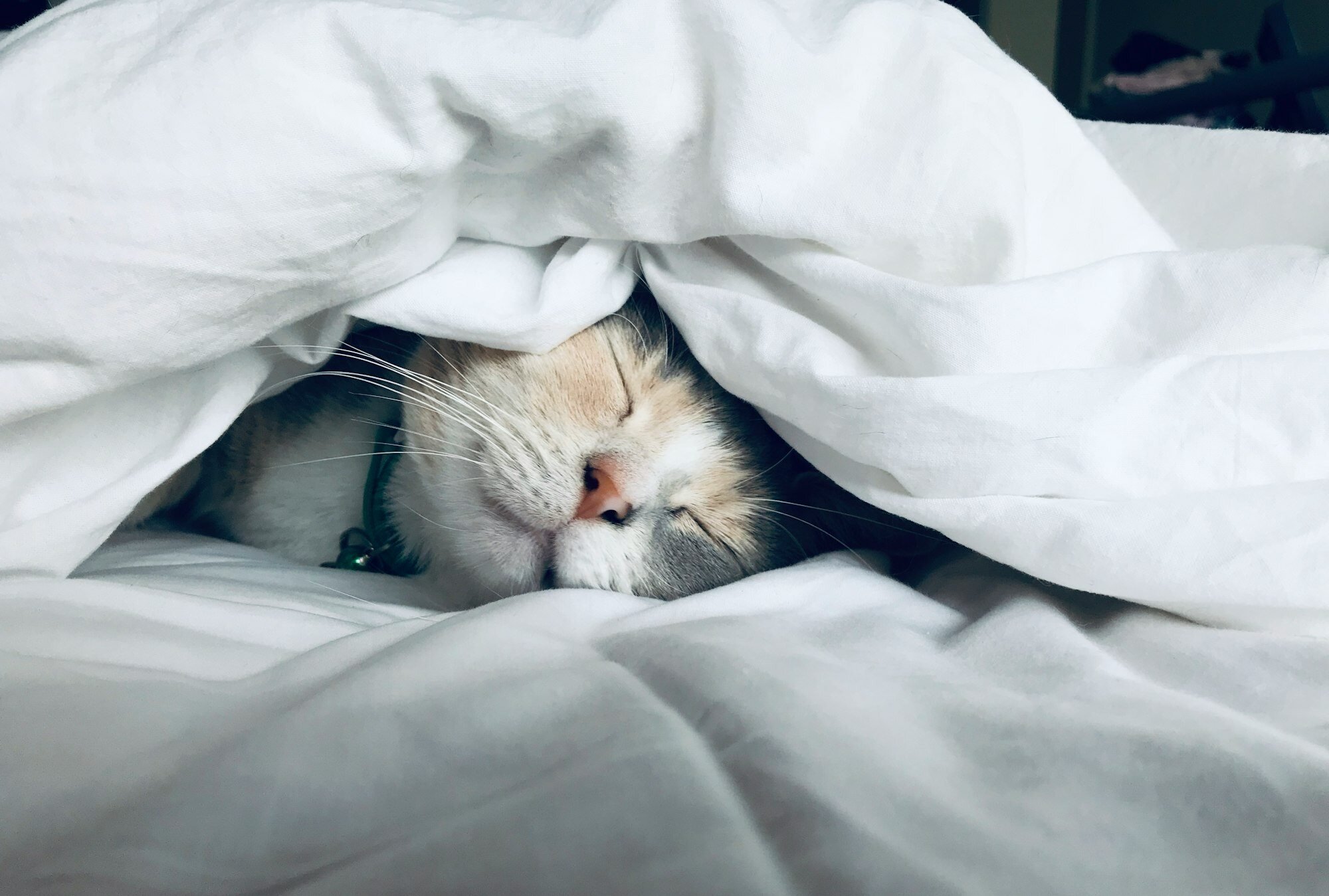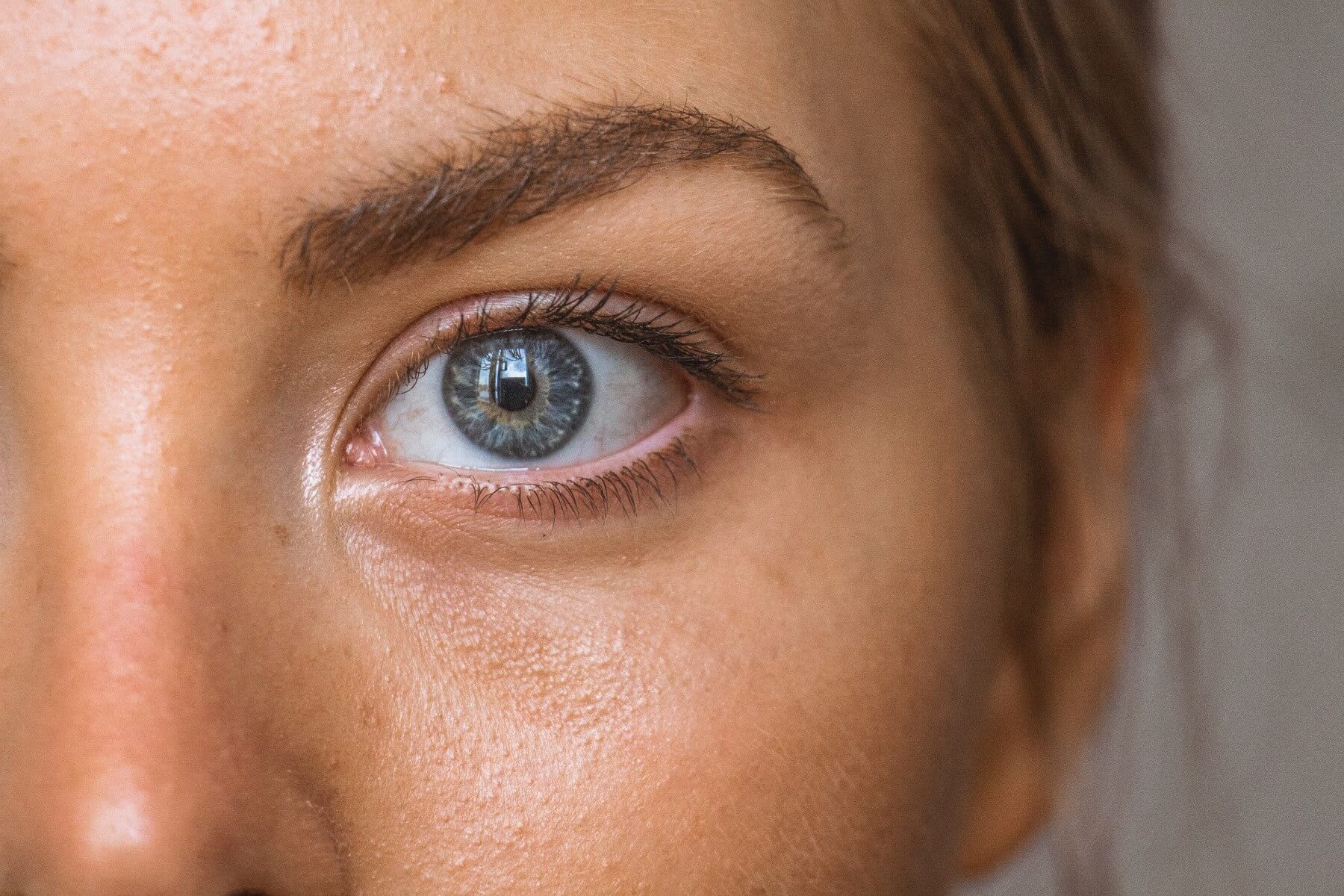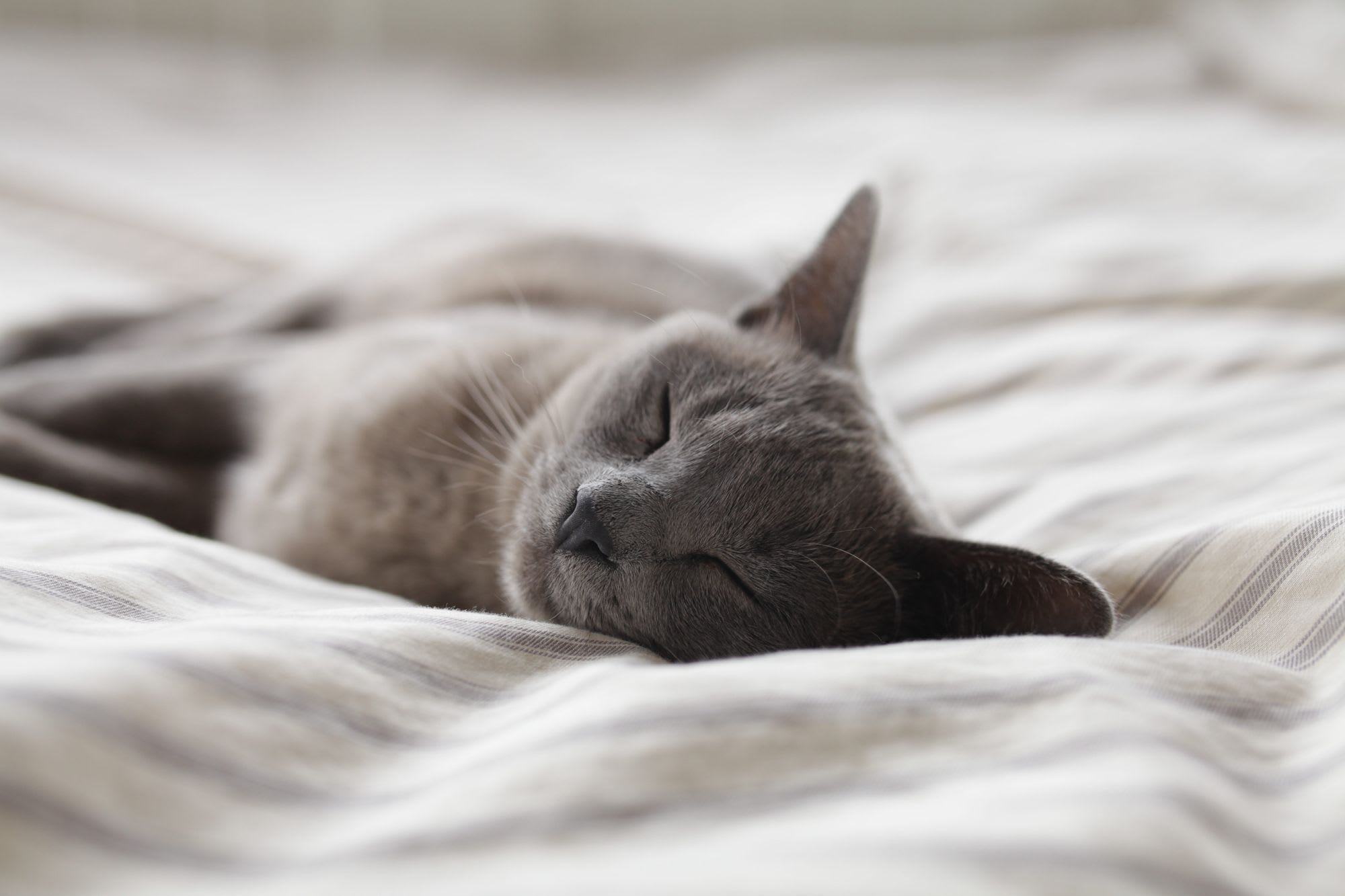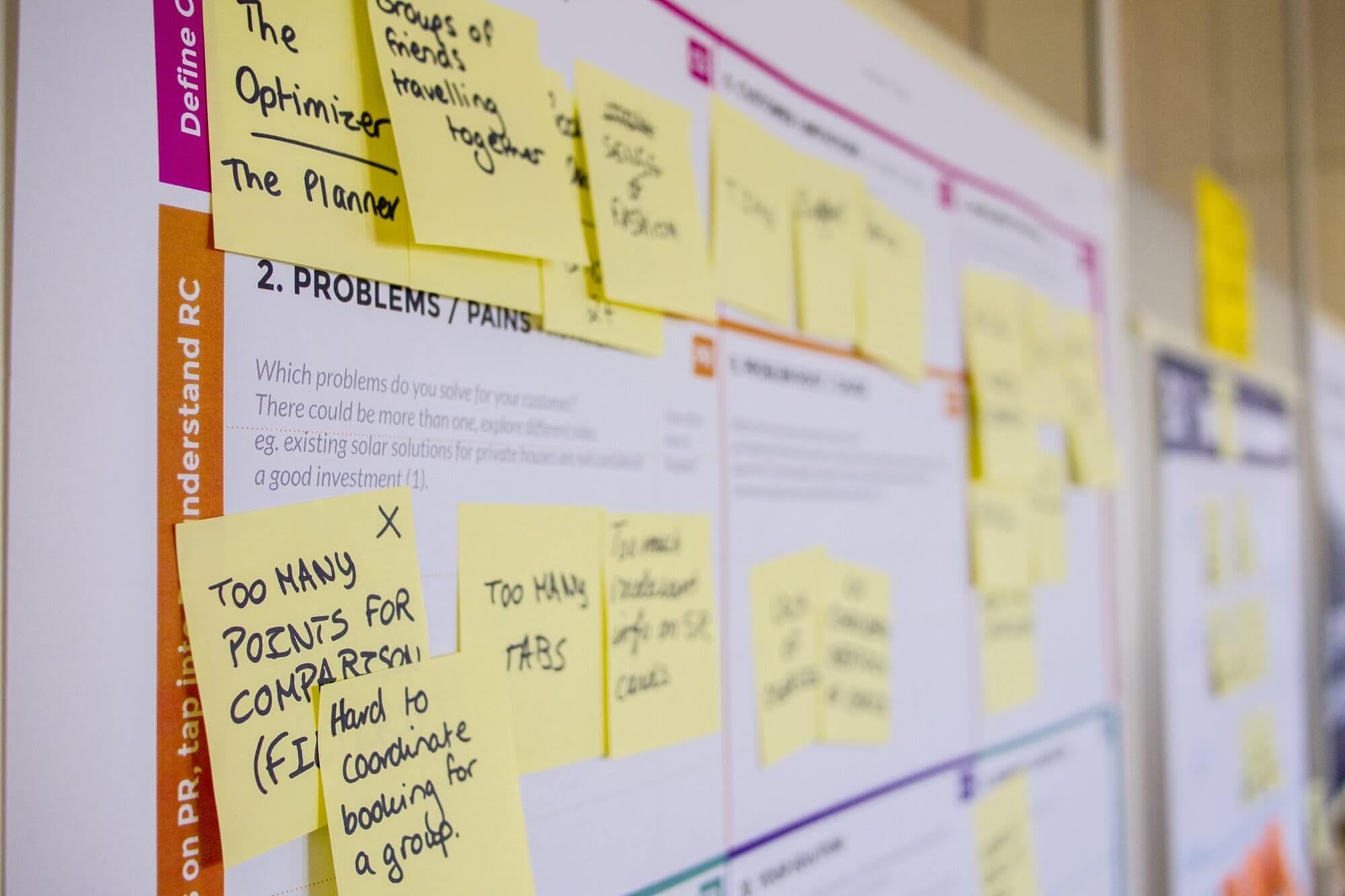How to Optimize Your Sleep as a Software Engineer
February 1, 2024 5 min read

Software engineers thrive on building innovative software and finding solutions to complex programming problems. It's a job that requires a lot of brainpower and focus. And it's competitive. Engineers are always looking for ways to get better at what they do and often find themselves caught in the glow of their screens well into the night.
As a result, the quantity and quality of their sleep suffers. Sleep takes a backseat to ambition, long working hours, and the pressure of having to keep up with this or that technology. But in a profession where mental acuity is so important, neglecting your sleep dramatically worsens your ability to write great code every working day.
Prioritizing your sleep is one of the best ways to become a better software engineer. In this article, we'll dive into the strategies for getting more and better sleep. Because quality downtime isn't just a luxury. It's a necessity for your performance and well-being as a software engineer.
During the Day
To lay the groundwork for better sleep, what you do during the day is just as important as what you do right before bedtime. Here are a few things to do or be mindful of during the day for improved sleep.
Exercise Regularly
Regular physical activity is crucial for a good night of sleep. Although the specific mechanisms of how it all works are still somewhat unclear, many studies have found that exercise improves both the quality and duration of sleep. That's not to speak of the many other benefits that exercise has on your health.
What matter most here is consistency. Choose an exercise routine that you can stick with. Do something you enjoy doing, not something you always have to force yourself to do. It doesn't have a high-intensity workout either. Even a short daily walk has been shown to improve sleep quality.
Manage Your Caffeine Intake
Caffeine is a stimulant that keeps you awake, with a half-life of five hours on average. This means that it takes five hours before half of your caffeine intake is out of the human body. So if you drink coffee from the late afternoon onward, it's likely to mess with your sleep.
The trick is to either avoid caffeine altogether or limit your intake to the mornings. Also be careful of hidden caffeine in certain sodas, teas, or even chocolate. Having a rule like two cups of coffee maximum every morning can make it easier to manage your caffeine intake.
Expose Yourself to Natural Light
Exposure to natural daylight improves your sleep because it reinforces your natural circadian rhythms. The best way to do this is to go for a brief walk soon after you wake up. Don't wear sunglasses and let your eyes take in the light. Even if it's cloudy, the daylight will help you sleep better at night.
Of course, often it will be dark when you wake up. In that case, go outside for a short break during working hours and, on days off, do some outdoor activities. You can also position your workspace near a window, although the best natural light is the light that's not filtered through a window.
Right Before Bed
This should come as no surprise, but your pre-bedtime activities have a substantial impact on the quality and quantity of your sleep.
Have a Bedtime Routine
Develop a consistent bedtime routine to help your body transition into sleep mode. A routine at roughly the same time every night tells your mind that it's time to sleep now. The routine should be relaxing. Do something you enjoy that's not too stimulating, like reading, gentle stretching, or listening to soothing music.
Don't engage in stressful activities, like checking work emails, watching intense TV shows, or scrolling social media. For the latter, although it may feel like you're relaxing, you're actually adding to your stress levels instead of reducing them. Digital minimalism may be worth considering (even as a software engineer).
Limit Screen Time
Studies have shown that blue light is the strongest at suppressing melatonin, the hormone that regulates your wake and sleep cycles. Whereas darkness increases your melatonin levels and so improves your sleep quality, blue light does the opposite.
In your bedtime routine, build the habit of turning off your electronic devices an hour before bed. Read a paperback. If you must use a device, set up its blue light filters or wear blue light blocking glasses.
Make Your Bedroom a Sleep Sanctuary
Your bedroom should be used (almost) exclusively for sleep. Because we spend so much time of our lives sleeping, it's worth investing in a good-quality mattress and comfortable pillows. Keep the room at a cool, comfortable temperature too, as studies have shown that bedrooms too hot or too cold worsen sleep quality. Blackout curtains to keep the room dark can also be helpful.
Don't use the bedroom for regular daytime activities. Especially as a remote software engineer, it can be tempting to work from your bed sometimes. Don't. Find somewhere else, and make that your regular workspace instead. The bedroom is for sleeping.
At Night
Stay Consistent
A regular sleep schedule is one of the most effective ways to train your circadian rhythm. Go to bed and wake up at roughly the same times, even on weekends. This consistency helps your body anticipate and prepare for sleep, which will make it easier to fall and stay asleep.
When You Wake
If you wake up in the middle of the night, avoid the urge to check your phone, because it will only stimulate your brain and make it harder to fall asleep again. A good trick is to put your phone either outside or on the other side of the bedroom, so you have to stand up to check it (which you likely won't, in the middle of the night, although we wouldn't dare underestimate you).
In Case of Persistent Sleep Issues
The above eight strategies should help you optimize your sleep as a software engineer. But if you implement these strategies and still struggle with sleep, it may be time to seek advice from a healthcare professional.
Persistent insomnia or frequent nighttime wakeups could be symptoms of underlying health issues, like sleep apnea or anxiety disorders. A health professional can provide tailored advice and treatments to help you manage these issues, so you can too can have brilliant nights of sleep.
TABLE OF CONTENTS



